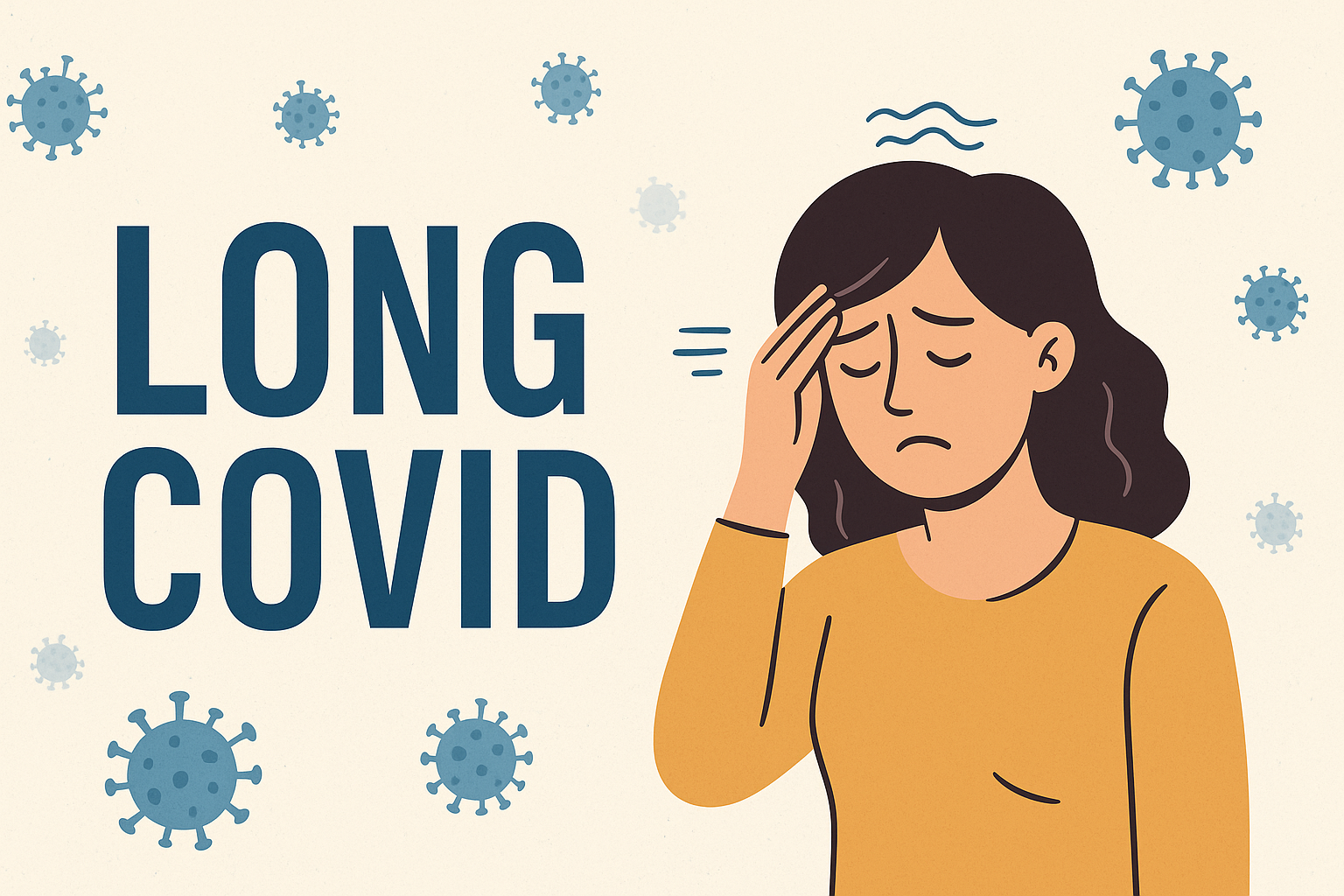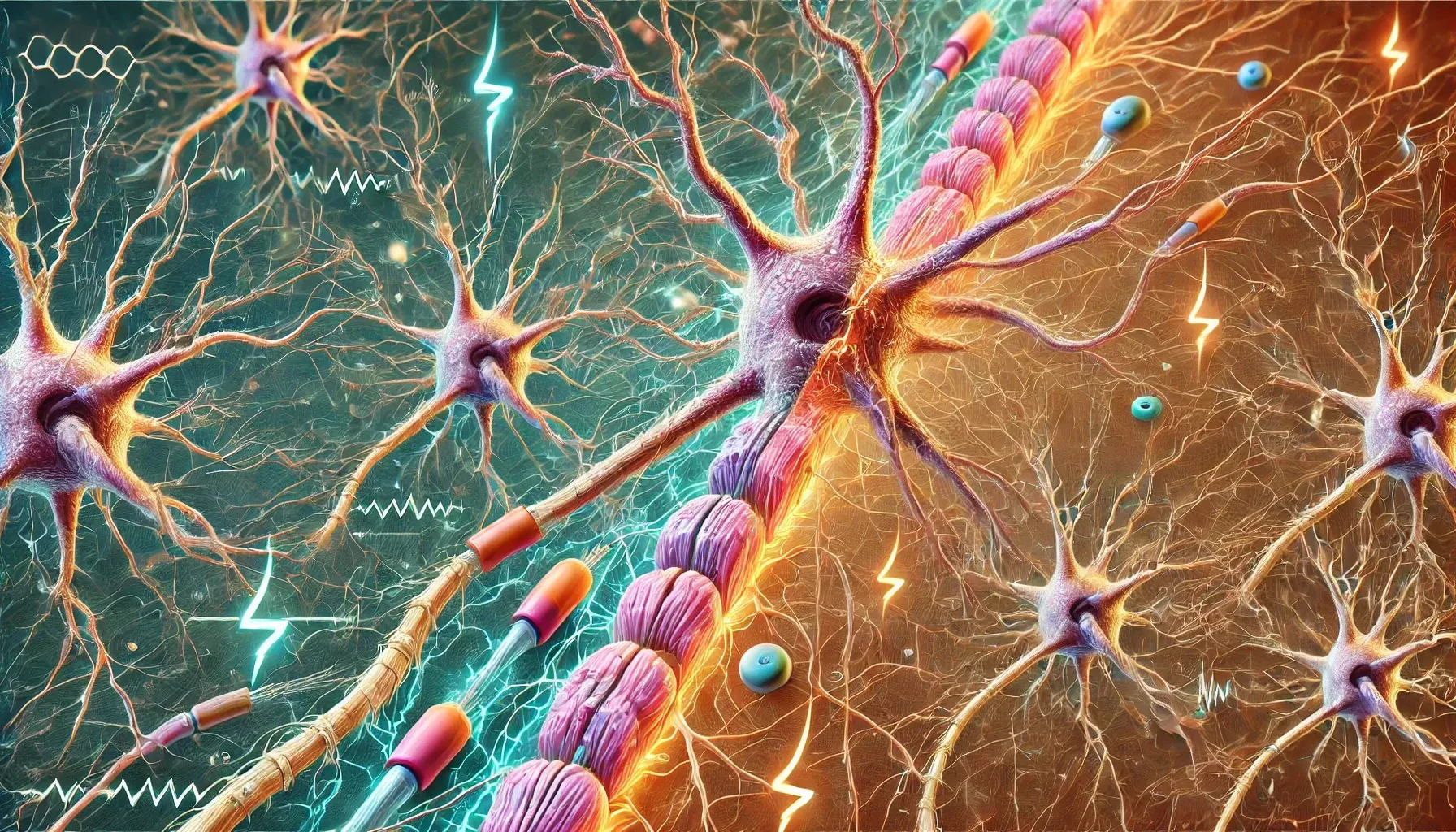The Importance of Concussion Management for Individuals in Car Accidents
Car accidents often cause head injuries. A common injury is a concussion. Concussions are common but often underestimated or mismanaged. This can cause long-term physical, cognitive, and emotional issues. Effective concussion management is vital. It reduces the risk of lasting damage and boosts recovery. This article will explore the importance of concussion management for car accident victims. It will cover tests, treatments, care, and outcomes for concussions.
What is a Concussion and Why is It Important to Manage?
A concussion is a mild traumatic brain injury (TBI). It occurs when a blow to the head or sudden body movement jolts, twists, or compresses the brain. Car accidents, from rear-end collisions or side impacts, often cause rapid movements. These can lead to concussions. Many think a concussion is a temporary bother. However, research shows that poor management can cause lasting issues.
Car accident victims may have various symptoms. These can appear right after the crash or develop later. They can hurt their physical abilities, emotions, and thinking. This can reduce their quality of life. Effective concussion management is vital. It requires proper diagnosis, treatment, and rehabilitation. This can reduce short- and long-term complications.
Ongoing Tests to Evaluate Concussions in Car Accident Victims
The first step in
concussion management is an accurate diagnosis. This can be tough, as concussion symptoms do not always appear right away. Doctors use several tests to check the injury's severity and monitor changes.
1. Neurological Examination
Doctors often start with a full neurological exam. It tests cognitive abilities, balance, coordination, and reflexes. This helps spot any clear impairments. It also serves as a baseline for future tests.
2. ImPACT Testing (Immediate Post-Concussion Assessment and Cognitive Testing)
ImPACT is a leading tool for assessing cognitive function after a concussion. It is a computer test. It evaluates memory, attention, speed, and reaction time. It is often used to track changes in cognitive function over time.
3. CT and MRI Scans
Concussions usually don't show on CT or MRI scans. But these tests can rule out serious injuries, like skull fractures or brain bleeds. This is key in car accidents. They carry a higher risk of serious injuries.
4. Vestibular and Oculomotor Assessment
Concussions often cause issues with balance and vision. Vestibular and oculomotor tests check for dizziness, double vision, and eye movement issues. These tests help doctors understand the full range of symptoms and monitor recovery.
5. Neuropsychological Testing
Sometimes, if symptoms persist, neuropsychological testing may assess complex cognitive deficits. A concussion can affect attention, memory, executive function, and problem-solving skills.
Current and Effective Treatments for Concussions in the United States
Concussion treatment has advanced significantly over the years. In the past, individuals were often told to rest for an extended period, sometimes for weeks. However, current treatment guidelines emphasize a more active approach to recovery. The goal is a step-by-step return to normal activities. We must manage symptoms and avoid re-injury.
1. Rest and Recovery
The first phase of concussion management typically involves physical and cognitive rest. Avoid activities that could worsen symptoms, like reading, using a computer, or exercising. But long-term complete rest is no longer recommended. Research shows that gradually increasing activity can improve recovery.
2. Symptom Management
Doctors may recommend medications to manage symptoms such as headaches, nausea, and dizziness. NSAIDs, anti-nausea medications, and sometimes prescription painkillers may be used. But these should be prescribed and monitored carefully.
3. Physical Therapy and Rehabilitation
Once stable, physical therapy may help with balance issues or neck pain from the car accident. Vestibular therapy can help with dizziness, while visual therapy can address vision disturbances.
4. Cognitive Rehabilitation
Cognitive rehabilitation therapy (CRT) can help those with cognitive deficits. It can improve memory, focus, and other cognitive functions. CRT often uses exercises to challenge the brain and boost performance.
5. Gradual Return to Activity
As symptoms improve, individuals are gradually reintroduced to normal activities. This includes a phased return to work or school and a gradual increase in physical activity. It is crucial not to rush this process, as doing so too quickly can trigger a worsening of symptoms.
Long-Term Treatments and Follow-Up for Car Accident Concussion Victims
Most people recover from a concussion within a few weeks. Some may have lasting symptoms, known as post-concussion syndrome (PCS). Long-term treatment for these individuals requires a comprehensive, multidisciplinary approach.
1. Ongoing Medical Monitoring
Regular follow-up visits with healthcare providers are essential. They monitor progress and adjust treatment plans. Doctors will often check for changes in symptoms and mental health over time.
2. Psychological Support
Many with long-term concussion symptoms have anxiety, depression, or PTSD from the car accident. Therapy, including CBT and psychotherapy, can help manage these issues.
3. Lifestyle Changes
Some may need to make long-term lifestyle changes. This includes avoiding some physical activities or adjusting their work schedules. For example, those with physical jobs may need to seek new roles. Also, those with cognitive issues may benefit from cognitive aids or work accommodations.
4. Chronic Pain Management
Car accident survivors often have long-term headaches and neck pain from concussions. Physical therapy, chiropractic care, and pain management can help. They may ease symptoms and improve the quality of life.
Long-Term Symptoms and Outcomes After Concussions in Car Accidents
The initial symptoms of a concussion are well known. They include headache, dizziness, and nausea. However, many long-term symptoms often go unreported or undiagnosed. These can have a major impact on a person’s ability to work and complete daily tasks.
Short-Term Symptoms
● Headaches: Often the most common symptom, headaches may range from mild to severe.
● Dizziness and Vertigo: A feeling of unsteadiness or spinning.
● Sensitivity to Light and Noise: Many people with concussions are sensitive to bright lights and loud noises.
● Sleep Disturbances: Difficulty sleeping, sleeping too much, or suffering from poor sleep quality.
Long-Term Symptoms
● Cognitive Impairment: Difficulty with memory, concentration, and multitasking.
● Mood Changes: Anxiety, depression, and irritability are common. They can harm relationships.
● Chronic Headaches: Some may get chronic migraines or tension headaches that last for months or years.
● Neck and Back Pain: This pain, often from whiplash in the accident, can disrupt daily life.
● Post-Concussion Syndrome (PCS) is a set of ongoing symptoms. They include fatigue, memory issues, and mood disturbances. These symptoms persist long after the initial injury.
Long-Term Consequences of Concussions: Serious and Mild Cases
Some individuals may suffer severe, long-term effects from concussions. One is chronic traumatic encephalopathy (CTE), a disease linked to repeated head injuries. CTE is often linked to contact sports. But severe concussions from car accidents can also increase the risk of it.
Even mild concussions, if not managed, can cause post-concussion syndrome (PCS). It may make symptoms last for months or years. Without proper care, a person's work and social life can suffer. They may not enjoy daily activities.
Conclusion: Why Concussion Management is Crucial After Car Accidents
After a car accident, effective concussion management is vital. It ensures recovery, prevents complications, and improves the quality of life.
Healthcare providers can help reduce concussion effects by:
1. Using ongoing tests to monitor recovery.
2. Employing current treatments for symptom relief.
3. Providing long-term rehabilitation and support.
With the right care, many can achieve complete recovery. They can then work, socialize, and lead fulfilling lives. If you or someone you know has a concussion from a car accident, seek prompt, thorough medical treatment. It is key to the best outcome.
Dr. Richard T. Dombroski is highly trained in treating concussions. Having worked with the US Military in warzones overseas as well as professional sports teams in the United States, he has seen and treated just about every imaginable head injury. Even though Dr. Dombroski is a sports medicine doctor, he has the skillset and equipment to treat head injuries from accidents, including car accidents.
If you are in the Fort Worth area and would like to be seen and treated by a highly experienced head trauma doctor, call his office at 817-367-9289 during regular business hours. He usually has the ability to see patients within a day or two, depending on his schedule.
Don't wait. Head injuries and concussions are serious matters requiring serious treatment. You'll find relief and help like so many of his patients, military service people, and professional athletes!



